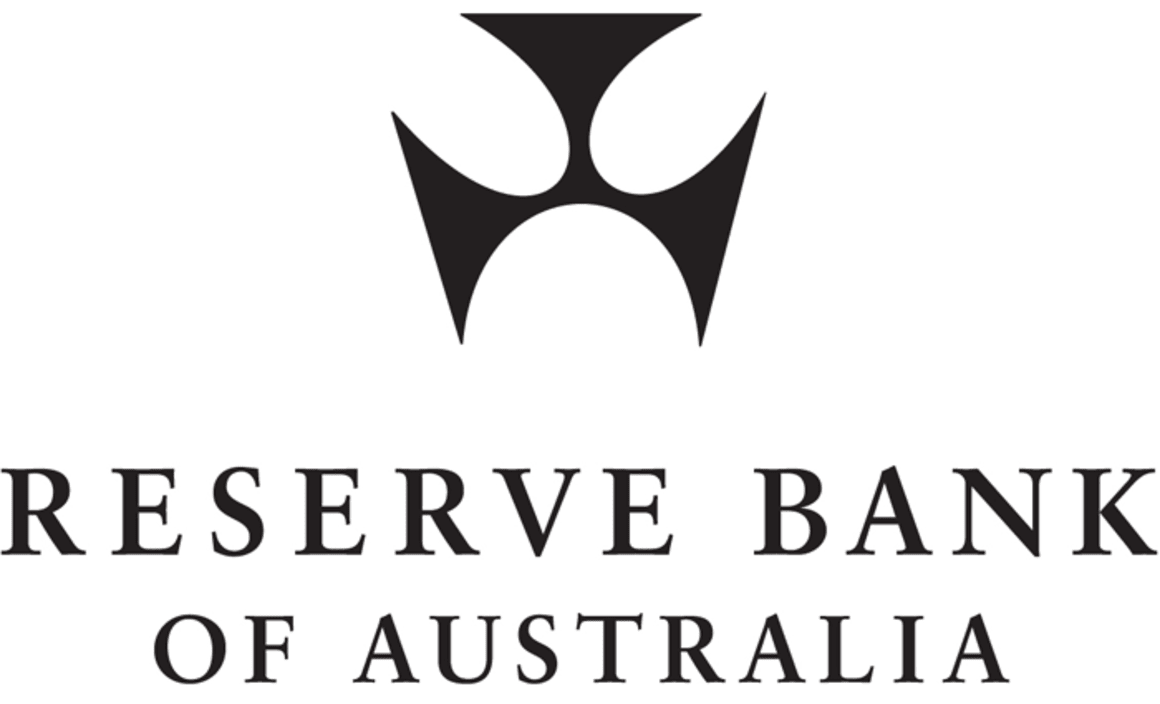"Just as we did not move in lock-step on the way down, we don't need to do so in the other direction," he told the A50 Australian Economic Forum gathering of global investors hosted by Citigroup in Sydney last night.
Dr Lowe said he expects there to be "only gradual" progress in reducing the jobless rate and having inflation return to the mid-point of his 2-3 per cent target range.
"If we do make that progress, at some point it will be appropriate for interest rates in Australia to also start moving up.
"If this is how things play out, the likely timing will depend upon the extent and pace of the progress that we make.
The speech included a suggestion that wages growth would eventually pick-up.
"Stronger growth in real wages would also boost household incomes and create a stronger sense of shared prosperity."
On the housing market, he said that prices are up by only around 3 per cent over the past year, with investors reducing borrowing in interest-only loans.
"A while back we had become quite concerned about some of the trends in household borrowing, including very fast growth in lending to investors and the high share of loans being made that did not require regular repayment of principal.
"Our concern was not that developments in household balance sheets posed a risk to the stability of the banking system.
"Rather, it was more that they posed a broader macro stability risk – that is, the day might come, when faced with bad economic news, households feel they have borrowed too much and respond by cutting their spending sharply, damaging the overall economy.
"We have worked closely with APRA, including through the Council of Financial Regulators, to address these issues.
"This work, together with other steps taken by APRA, has helped improve the quality of lending in Australia."
In the housing market, dr Lowe said there has also been a change.
"National measures of housing prices are up by only around 3% over the past year, a marked change from the situation a couple of years ago.
"This change is most pronounced in Sydney, where prices are no longer rising and conditions have also cooled in Melbourne.
"These changes in the housing market have reduced the incentive to borrow at low interest rates to invest in an asset whose price is increasing quickly.'
